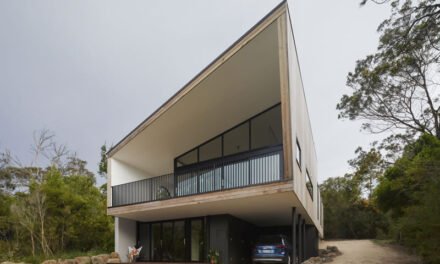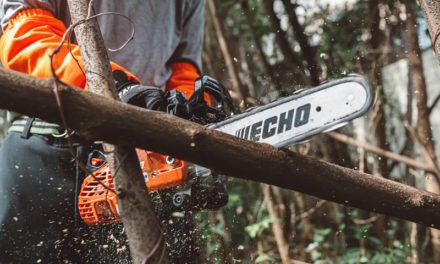A lack of labour needn’t slow down your wall frame productivity thanks to these innovative machines from Multinail. By Warwick Porter
Prefabricated wall framing isn’t new, but the game is changing, with revolutionary systems taking productivity and profits to a whole new level.
Traditional methods of prefabricating wall frames are manually intensive processes that have inherent productivity challenges. Currently, widespread labour shortages and the lack of certainty around labour being available are making it particularly difficult to ramp up production.
Our customers have told us that efficient wall framing production is constrained by several underlying issues. The availability of labour is front and centre: if you are fortunate enough to find the staff you need, your output is still limited by the amount of timber the operator can pick up and down in a day. While this can be improved by placing more people on the line, improvements run up against the hard limits of the physical capacity and endurance of your staff, and the increase in productivity may not cover the extra cost.
Multinail has worked with our customers on an alternative approach, dividing the framing process into smaller elements. By installing a sub-component station at the side of the wall line, you can dramatically increase the meterage output – to the extent that the cost of extra labour is fully justified.
After monitoring this new approach to wall lines at our customers’ workplaces, we’ve seen impressive outputs achieved, but they still run into the limitations of a process that’s heavily dependent on the physical capacity of staff and the attendant issues of absenteeism, productivity and quality.
This led us to assess the various work areas on the frame line: we realised the introduction of sub-component assembly areas had simplified these work flows to a point where it was possible to introduce robots to replace some of the manual workers.
From a machinery supplier angle, that’s when things started to get exciting for us. Our new Auto Framer can increase output and decrease labour needs, producing a dramatic increase in the metres-per-person metric.
Precut components are moved across the machine to programmed positions and nailed in place. The Multinail Auto Framer can manage frame heights from 1800mm to 3600mm and lengths up to 6000mm in timber from 70 x 30mm to 140 x 45mm. The operator is kept safe away from the nail gun and clamps, while override mechanisms allow for final adjustments if required.

Above: Multinail’s new Auto Framer speeds wall frame production and lowers the strain on labour.
At Multinail, we see this as the future – simpler machines with strategically positioned robots moving a large mass of timber through the manufacturing process and making more walls with less labour.
Having provided solutions at the cutting and wall assembly ends, the next stage for us is the transition from cutting to assembly.
The logical way most people work is: do the cutting, put it on a trolley, store the cut product for a period, move it to the work area, unstack it and start making a wall. All these are time-consuming manual tasks that don’t directly equate to metres of walls produced.
The next project under development for us is robotic conveyer systems that will work automatically with the other machinery in the line to deliver timber from the saw to the work areas. Not only will this remove the need for trolleys and the associated labour, but it will speed up production as each station gets the component they need when they need it, reducing overall labour and increasing output.
RAKING WALLS
For many frame fabricators there is another challenge which can derail other gains in productivity: the increased demand for raking walls. These walls can be so difficult to make they can slow or even stop production lines. Some plants refuse to make them, leaving builders with no option other than to stick frame them on site.
This has been on our radar for some time, with the Multinail development team focused on not just a raking frame solution but one that brings a dual benefit to a fabricator’s operation. The Raked Wall Extruder is a machine that automatically sets the wall height and length to follow the contours of the wall that is being made, taking the hard work out. It can even move directly from straight walls to raking walls at approximately the same speed in many cases.
Feedback from plants using the Raked Wall Extruder says it also makes a standard frame faster than many framing machines out there, as well as solving a major bottleneck in the wall framing production process.
This machine is the latest step we’ve taken on our journey to improve the profitability of wall frame manufacturing. It’s a journey we’re making in conjunction with the wider industry, so talk with the team at Multinail about your needs to find ways in which we can help each other continue to develop and innovate.
For more, visit www.multinail.com.au
Main image: The new Raked Wall Extruder simplifies frame production with the fast and automatic assembly of both raked and standard wall frames.











